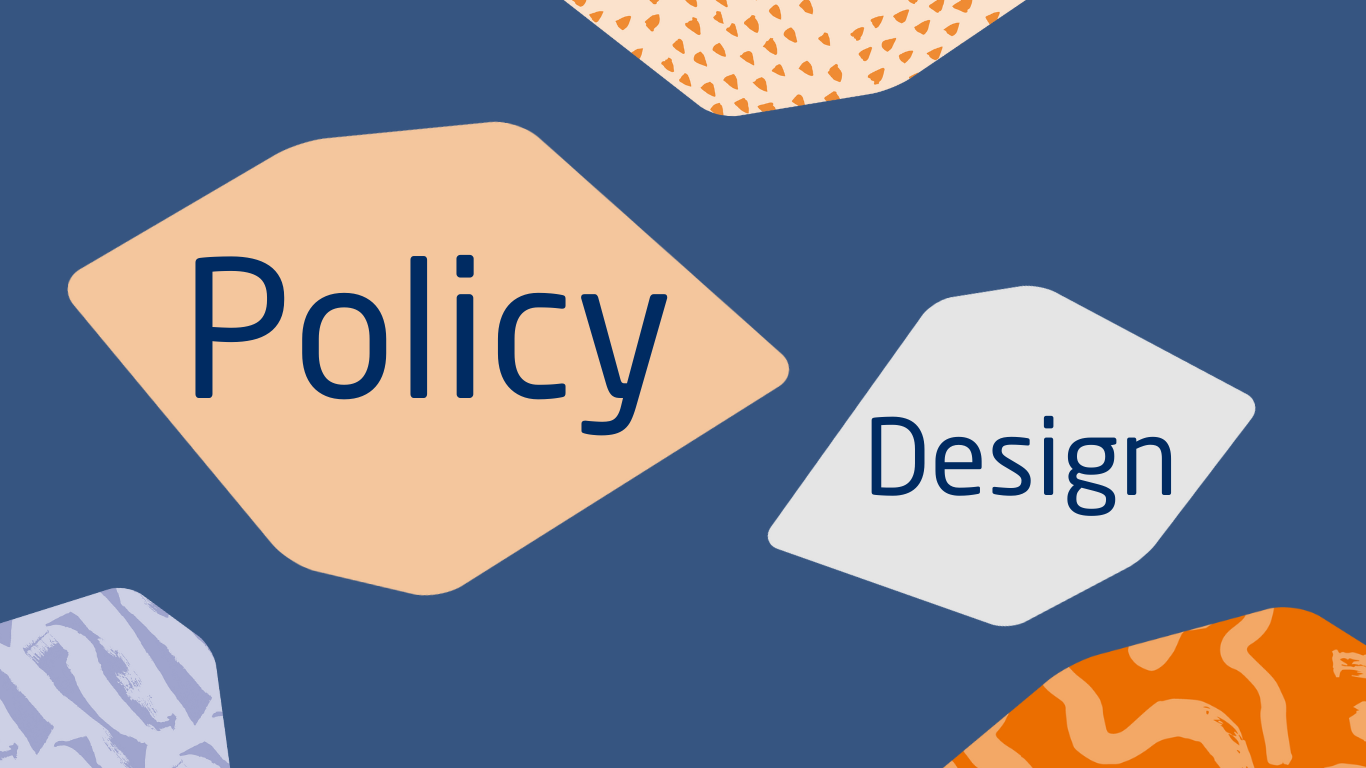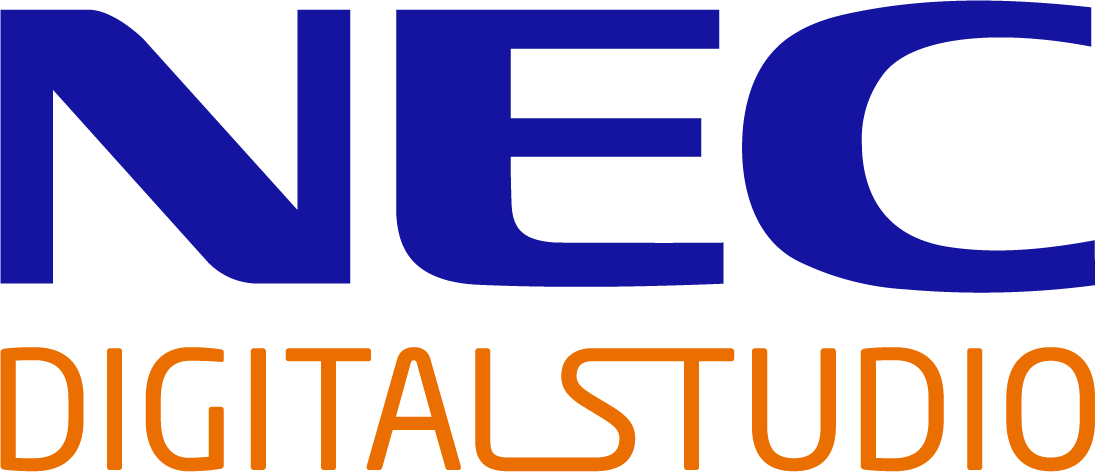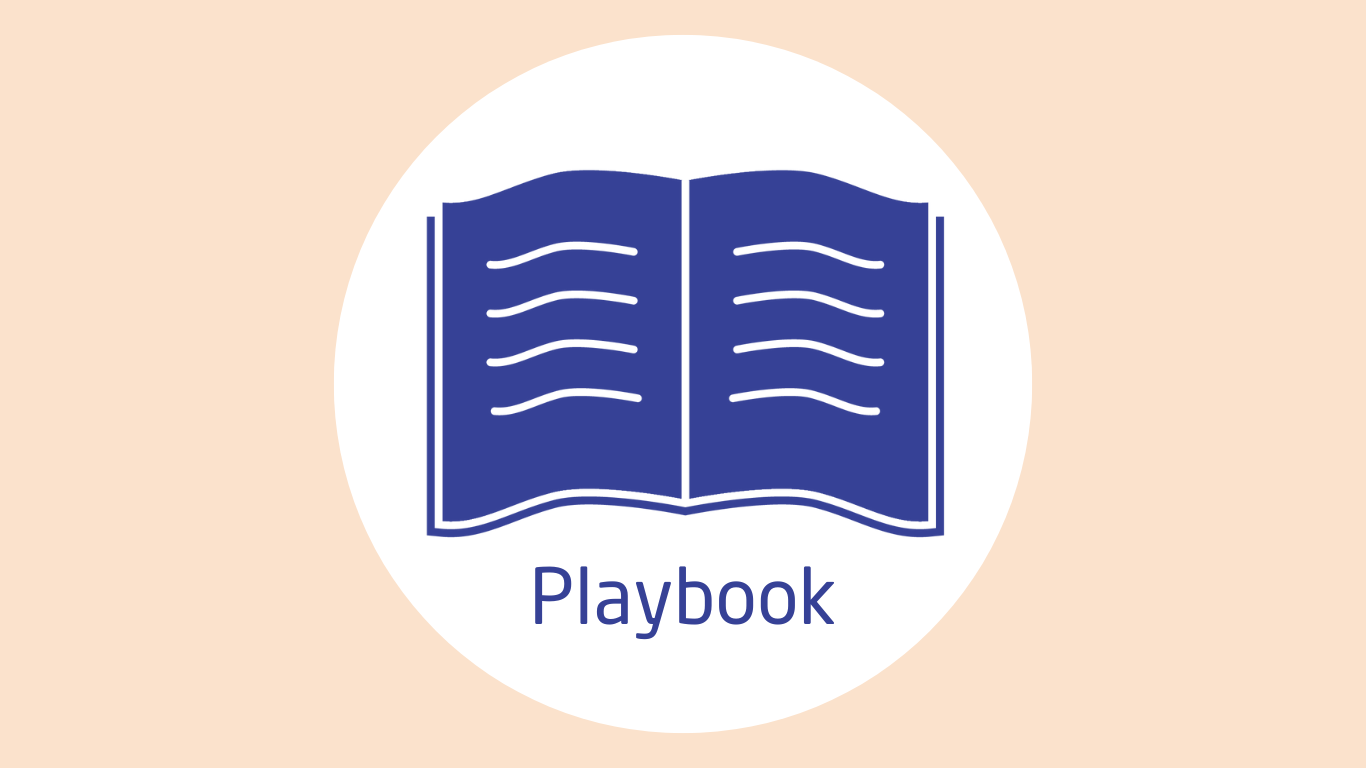 27 March 2025 · Articles
27 March 2025 · Articles
The value of Research Operations for participants
Research Operations, often known as Research Ops or ReOps, is a discipline that’s essential for organisations seeking to scale the operations of their research. Here, User Researcher and one half of NEC Digital Studio’s Research Ops team, Anu, shares their reflections on how we utilise this function to bring value to projects from a participant perspective.

According to the Research Ops community, our practice can be defined as the “people, mechanisms, and strategies that set user research in motion.” This concise ten-word headline is my go-to when explaining my job to friends or colleagues. However, I must delve deeper because, to me, a big part of Research Ops is about looking at things from a participant’s, or potential participant’s perspective.
Our core focus is on enhancing the end-to-end participant experience
Whilst we all genuinely aim to represent the voices of service users, often this representation is confined to our final outputs or findings. Research Ops endeavours to amplify these voices throughout the entire project lifecycle. This means examining how participants receive communication and engaging with them in a way that doesn’t disrupt their lives, leaving them feeling empowered.
This comprehensive approach encompasses various aspects, from critically reviewing outgoing emails and eliminating design jargon to ensure clarity, to accommodating participants’ personal commitments by scheduling research activities at convenient times. For example, on a project involving volunteers from ethnic minority backgrounds, we were mindful that we weren’t only offering times when someone was at work, or too late when they may be breaking their fast for Ramadan. We also ensured that we didn’t just offer one type of method for participation – if someone could complete a workshop activity in their own time and send it back to us over email, this was just as valuable to us as a research interview.
We empower our participants
For this project, we were also conscious that historically, research with marginalised communities has contributed to feelings of fatigue and can feel extractive. To combat the potential fatigue and extractive nature of research, I advocated for appropriate incentives, expressed personal gratitude after fieldwork, and equipped the client with resources to keep participants informed about next steps, so that participants knew this wasn’t simply another consultation exercise.
Ensuring participant wellbeing is a paramount concern of ours
While the entire team does an excellent job, Research Ops steps in as a close yet detached observer, examining the nuances of each project from the participant’s perspective. For instance, on another project last year centred on equity, diversity, and inclusion, I reviewed discussion guides to ensure the flow of questions empowered participants. After all, nobody wants to leave an interaction feeling worse off than they did going into it, especially when the subject can be emotionally heavy. Beyond reviews, we also create resources such as consent forms and signposting documents that guide participants to relevant support organisations.
Responding promptly to participant queries about consent and support is crucial from both a project management and ethical standpoint. Having a dedicated team member for this purpose is essential.
We keep participant data safe
Long after recruitment is over, we stay in projects to ensure that we fulfil our promises. Whilst the focus may be on tasks like synthesising research findings or creating systems maps, we also oversee data compliance. This involves redacting identifying information from our notes and transcripts, ensuring GDPR compliance in tool usage, and restricting participant data access to the project team. Although other team members contribute to data compliance, having a dedicated resource in Research Ops provides ownership and structure.
In summary, Research Ops brings substantial value to both realised and potential participants throughout the research process. To circle back to that headline definition I mentioned earlier, perhaps one that resonates with me more is “elevating user perspectives to drive effective user research.” I think it better reflects my motivation in this role, which is to advocate for the people we design products and services for.
While the influential role Research Ops plays in participant experience is significant, its impact extends even further. In the next part of this series, my colleague Kirstie takes a closer look at the variety of ways Research Ops can also benefit project teams and clients.


